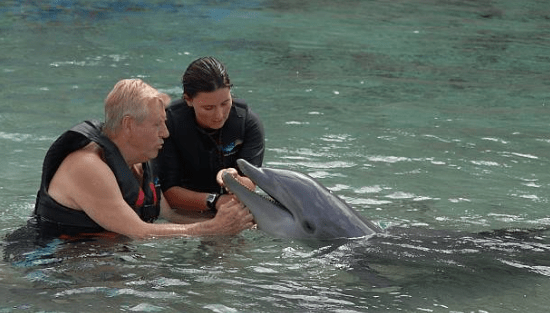HONOLULU (KHON2) — University of Hawaiʻi at Mānoa scientists are sounding an alarm after three striped dolphins stranded on east Oʻahu in June tested positive for a dangerous infection.
The dolphins carried Brucella ceti, a bacteria that can spread from animals to humans.
Researchers at the UH Health and Stranding Lab say the cases could point to a larger issue for dolphins and whales living around Hawaiʻi.
Two dolphins were found in Waimānalo on June 7 and 8. A third was discovered in Waikāne on June 15. Cultural practitioners joined each response to guide the UH team.
Public urged to keep distance, report strandings
In people, Brucella ceti can trigger flu-like illness, brain problems and chronic arthritis when left untreated.
“Brucella ceti can be dangerous to humans who touch infected marine mammals,” said Kristi West, associate researcher at UH Mānoa’s College of Tropical Agriculture and Human Resilience. “It is best to be cautious and avoid touching or handling stranded animals. We strongly urge the public to report any whales and dolphins in distress in the ocean or stranded on beaches.”
Since most carcasses sink or disappear, public reporting is vital for tracking the scale of the threat.
“Dolphins and whales are recognized sentinels of ocean health and give us signs and signals about what’s happening out there,” West said. “Three strandings within one week likely represents many more dolphins that died and were lost at sea. It raises our concern about what’s happening to the animals in their ecosystem.”
New strain under study
UH researchers identified striped dolphins as especially vulnerable. They also discovered the bacteria in seven other species since 2000, often with severe brain and lung infections.
Partnering with microbiologist Michael Norris, the team recently confirmed a new strain of Brucella ceti in Hawaiian waters.
The research has been published in the Journal of Wildlife Diseases in May. The researchers said that between 2000 and 2024, “they found the bacteria in seven species including pygmy killer whales, sperm whales, spinner dolphins and a Longman’s beaked whale.”
Severe brain and lung infections were found in many of the animals that tested. They also found that coinfections by viruses such as morbillivirus and herpesvirus were present at the time of testing.
The work continued through the summer with support from the U.S. Fish and Wildlife Service.
